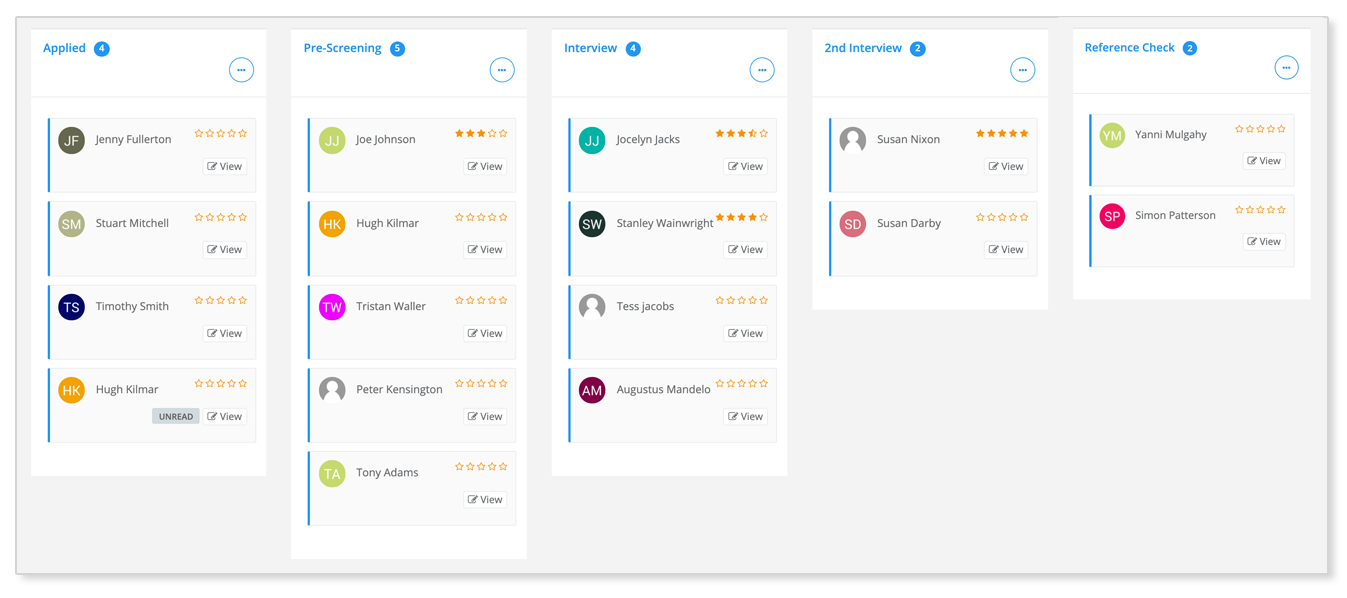So you’ve gone through the recruiting process and think you’ve found the ideal candidate for your role? Don’t skip this crucial step of doing a reference check. Although this can be time-consuming and may seem unnecessary if you’re besotted with your favorite candidate, a reference check is always a good idea. Yes, it’s tempting to get the job offer out but keep in mind that hiring a new employee is just too important NOT to do a reference check.
When you think about it, a reference check is usually your only real way to verify if the claims your job candidate has said are actually true. Don’t rule out that the possibility that your candidate could just be a very convincing actor! Of course, this is a very rare occurence, but it does happen (in fact, it happened to us just recently and luckily our reference check process picked it up!).
A reference check will also give you insights about the candidate which are incredibly useful – not only for your decision in whether to hire them, but also on how to manage them once they do join your team. So when designing your recruiting process, make sure to include a reference check as one of the final stages. (When you HR Partner for recruiting, you can design your stages to suit your company but we always recommend you include this!)

Most HR departments now conduct reference and/or background checks as a matter of course – in fact, 92% according to a recent SHRM survey. But smaller companies without dedicated recruiting teams don’t necessarily have this build into their processes. It’s not hard to do though and the payoffs are well worth the effort.
Having been involved in hundreds of hiring decisions, here’s an overview of a simple reference check process which will save you from some poor decisions!
How to do a Reference Check
- Ask your job candidate to provide 3-5 references from their previous employers, ideally from their reporting managers.
- Always do your reference checks by phone – email them first to get their details or let them know you’ll be trying to call them in the next few days.
- State who you are, who you are doing a reference check on, and verify the relationship between the candidate and the referee (their position and the approximate timings)
- Ask 3-5 open ended questions to understand the candidate
- Always include a question about how the candidate could improve / what their weaknesses were
- Thank the referee for their time
- Always speak to at least two referees
Why You Should do Reference Checks by Phone
It may be tempting to setup an efficient process with a template email or form to gather information on your job candidate, but this is a waste of time and will not give you any insights. Job candidates are only going to provide you with referees who are likely to give a positive reference, and references themselves usually don’t like to put anything negative in writing, so all of these responses will be positive.
To uncover anything interesting, you’ll need to actually get on the phone and dig a bit! But don’t worry, once you have someone on the phone, it really doesn’t take very long.
What Questions Should You Ask for a Reference Check?
We wrote previously about the best job interview questions to ask, but what questions do you ask of a reference? Here are our go-to questions that are more than sufficient for most roles and situations;
First, verify the details you’ve been given. For example;
- What was xxxxx’s role in the company?
- When did they work there?
Providing that the responses roughly correspond to your previous understanding, move on to learn about what this applicant was like in this role. Here are the questions to ask;
- What was it like to work with xxxxx?
- What would you say are their strengths?
- And conversely, what are their weaknesses or areas for growth? (Do not skip this question as you are likely to get the greatest insights here!)
- What style of management would work best for xxxx?
- Why did they leave your company?
- Would you hire them again?
Once you get through these questions, thank the referee for their time. Depending on the responses, the whole check will probably take between 10 and 20 minutes. A time investment that is well worth the effort!
Repeat the same process with at least two referees to ensure that you get a balanced view of the candidate.
The information you collect from the reference check stage is only one part of your overall assessment, but you should feed this data into your Interview Scorecards which help you make the best recruiting decisions. But don’t forget that the best predictor of future behavior is past behavior, and while people can change and grow, the insights you get from your reference check questions should not be ignored!
While you might wish to wrap-up the recruiting phase now, if you get any red-flag warnings, it’s almost always best to reconsider and perhaps advertise the role again – perhaps with a revised job advertisement. Remember that recruiting is a lot of work, but spending the time to find the best candidate is always a good idea!

